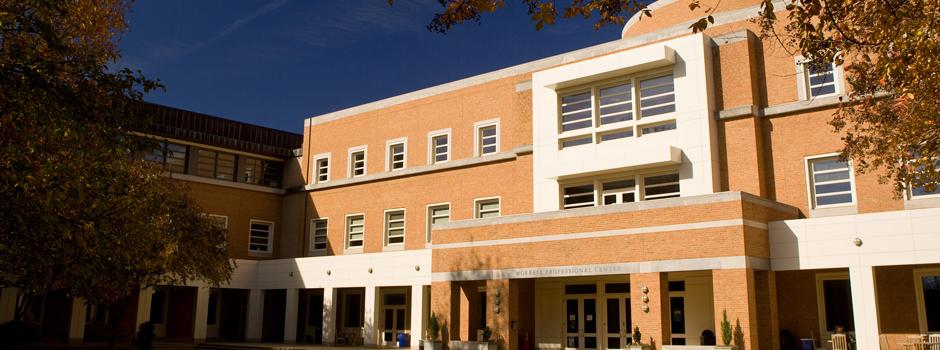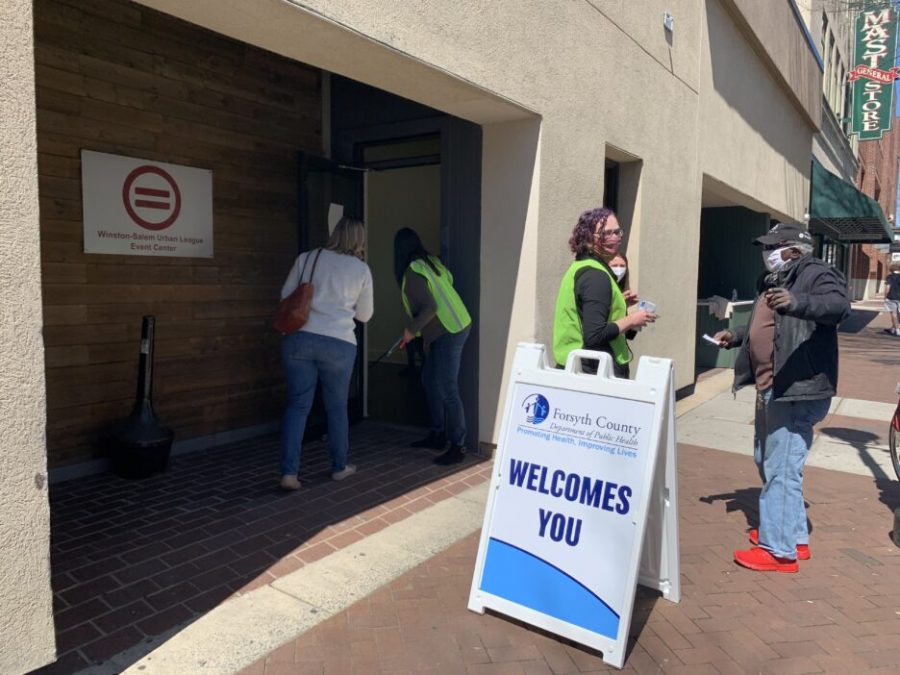On July 1, 2019, environmental lawyer Scott Schang will join Wake Forest School of Law as Professor of the Practice of environmental law. He will also be the director of an innovative, non-litigation clinic on environmental law.
Currently, Schang is the senior director of corporate engagement at Landesa, a rural development institute that uses legal and political approaches in order to secure land rights for the rural poor and ensure access to land in a sustainable way. At Wake Forest, Schang will contribute his comprehension of the mechanics behind the relationship between law and sustainable development into the classrooms.
Schang’s classes work at the environmental law clinic will be invaluable to students seeking aspects of both traditional and experiential learning.
“When you study law, you get a reflection back of how society sees ourselves and sees other beings, and you get to wrestle with what you see,” Schang said.
Schang also brings his experience from numerous executive-level positions, such as visiting scholar, acting president, executive vice president and senior attorney and co-director of the Africa Program at the Environmental Law Institute, which focuses on developing and enacting legal solutions and policy options that aim toward environmental, economic and social improvements and achievements.
He noted that the Environmental Law Institute shaped how he views environmental law, which he sees as a system, a topic he will explain through his courses on environmental law and natural resources.
In addition to these roles, Schang was also the former editor-in-chief of the Environmental Law Reporter, and was a contributing author to “Environmental Rule of Law: First Global Report.” This was a UN Environment report that assessed the effectiveness of environmental rule of law and found that a global trend of weak enforcement has led to a notable increase in threats to the environment, despite efforts to increase environmental legal protections.
Schang was also an adjunct professor at George Washington University.
In addition to his high level of professional involvement with and achievements in the areas of both environmental law and policy, Schang offers a unique perspective on environmental policy and the features of wilderness and conservation thanks to his growing up in the rural farmland and countryside of Indiana.
“I come from a farming background and I tend to think of resources as what fuels society and what makes us who we are — it’s everything from our food to what builds our houses,” Schang said.
Within his environmental law clinic, Schang mentioned that he is interested in providing students with a variety of experiences like writing memos on companies, informing transactional work and drafting amicus curiae briefs.
He also explained that he looks forward to engaging with the students more directly through experiential learning. He seeks to provide experience and comprehension both of what it’s like to practice law in the microcosm of Winston-Salem and of the practice of legal solutions and policy approaches at the macro-level of national issues and debates on environmental law.
Schang looks forward to teaching classes within the practice of environmental law here at Wake Forest and exploring policy and legal developments in this area with his students.
“I hope to learn how to teach better, to be a good resource for the students and the faculty and how to teach in law school in a way that students learn,” explained Schang.
Schang looks forward to what he envisions as a collaborative learning environment, especially in the context of his newly-created environmental law clinic that will provide hands-on experience and an opportunity for students to visibly perceive the impacts and implications of environmental law on society as a whole.
Schang reflected that one of his favorite definitions of a teacher is from Theodore Roethke: “Teacher: one who carries on his education in public.”







